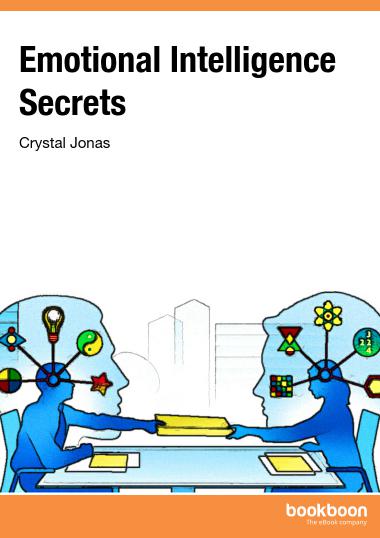14 questions to achieve greater self-awareness

How are you supposed to tell if you need more self-awareness if you don’t have self-awareness? It’s a puzzle, isn’t it? Not sure if you need more self-awareness? Look at these big clues that let you know:
1) Whether your results in your personal and professional life are worthy of your potential or not
2) Whether you carry stress-induced physical tension in your body
3) What feedback others would give you and how well adjectives such as: angry, unsure of yourself, unapproachable, impatient serve you.
Pay attention to how you respond to each of these clues. What goes through your mind when you consider if your results are worthy of your potential? For many people, this point poses many problems. They feel uncomfortable by it. Which, as you may have guessed, is a sure sign that the answer is no, and that they probably need more self-awareness.
In the following lines you will find some useful tips on how to increase your self-awareness.
Three questions to ask yourself to get on track quickly
Answer these questions when you have time to ponder the deeper answers:
- “Who am I?”
- “What do I want?”
- “What does it take to get it?”
You need to know fundamentally who you are if you want to quickly raise your emotional intelligence and self-awareness. Let’s cover an important point about answering this question for yourself. Begin with your foundation. And this, of course, would be your values.
Keep your values clear and in the front of your mind so that you will be guided to profound success while staying true to what’s most important to you.
How do others respond to you?
Just about everything of any real value in this world involves your relationships with others. Are you coming across in the way you intend? Are you likable?
Countless research proves that people would much rather work with people they like than people they find unapproachable, even if those unapproachable people are smarter than average. Save yourself from career derailment by noticing how people respond to you. Do they include you in meetings, ask your opinion, and invite you to lunch? The more people like you, the further you will go.
How would you feel?
Let’s say that you have a meeting this afternoon. Your boss is leading the meeting, and your entire department will be present. Naturally, you review the agenda, and note that you won’t need to make a presentation at this meeting.
However, once you’re in the meeting, the boss turns to you and asks you a question. You really dislike being called out like that when you haven’t had a chance to think about the question. The boss interrupts you three times as you try to respond, because apparently, you aren’t getting your thoughts across as quickly as he would like you to.
How do you feel?
Angry? Embarrassed? Disrespected?
One of the key factors in self-awareness is your ability to recognize your feelings, to know what actions influenced your responses, and to be able to understand the ways your emotions are impacting those around you. This is called emotional literacy which is your ability to identify and articulate your emotions.
What you don’t know can hurt you
Because your emotions can be so powerful and lead you to virtually instant results, not always to your benefit, you’ll be well served to cultivate two powerful insights into your behaviors.
First: What are your trigger points, pet peeves, and annoyances?
Rest assured, it’s not a character flaw that there are things you just don’t like. What you do need to know is that some emotions and responses work so quickly, that if you aren’t prepared even before they arise, you’re already too late to stop them.
If you perceive a threat to your ego, you will experience the so called fight or flight syndrome. You benefit by acknowledging your trigger points because this preparation will help you recognize challenging situations in the future so you can plan a more calm and level-headed response that’s consistent with your values.
The second insight to be aware of is this: “How do your emotions impact others?”
Your emotions influence others whether you intend to or not. Here’s the problem: too often, people fail to notice how their moods impact others around them. Your emotions are showing and telling people volumes about who you are. Are you coming across intentionally and in a way that’s congruent with your values?
Steps for raising your self-awareness
1. Write down the emotions you experience on a regular basis, for example: anger, joy, disappointment, sadness, contentment, anxiety.
2. Note what circumstances precede these emotions, for example: are you with a certain person or people? Are you in a particular situation, such as a meeting, or a combination of these?
3. Observe strong physical responses: such as tense shoulders, grinding jaw, clenched fists. It could be that you aren’t even aware you’re carrying a negative emotion until you notice the symptoms of stress.
4. Self-talk, be aware of what you tell yourself about what you’re observing. The stories you tell will impact your behavior.
Remember that being aware of your emotions is the first step towards managing them.





